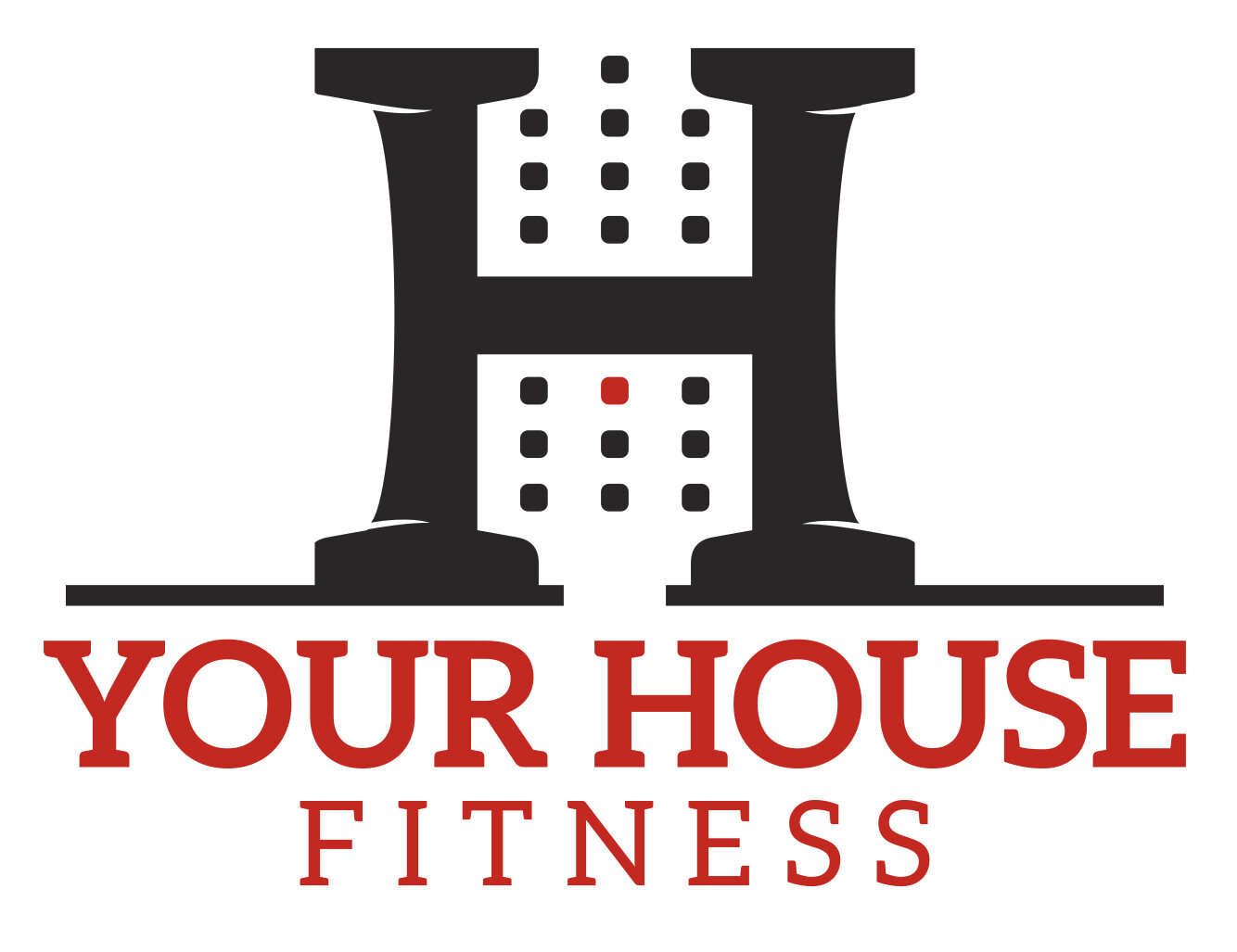Bulking Made Simple: What Foods to Eat for Gaining Weight
Table of Contents
What Is Bulking?
Bulking is a popular method of putting on mass and strength from consuming more calories than you burn. Itseffectiveness in promoting rapid muscle growth is time-tested by numerous elite bodybuilders and fitness enthusiasts.
Essential Bulking Foods for Muscle Growth
During the bulking phase, the most important factor is consuming more than what you burn. However, this does not mean eating brainlessly and consuming fast foods and processed foods. Bulking is about consuming nutrient-dense foods that serve a purpose to your goals. For proteins, chicken, eggs, turkey, red meats, and fish are essential. Carbohydrates should come from potatoes, rice, bread, and vegetables. Fats should be consumed mostly from olive oil, salmon, nuts, and meats. Therefore, bulking is not all sunshine and rainbows if you want to maximize your result, and improper bulking could easily lead to obesity.
How to Create a Balanced Bulking Diet
The general rule of thumb for macronutrient breakdown during bulking is 25-30% protein, 50-60% carbs, and 15-30% fats. You should eat every 2-4 hours for optimal protein synthesis, digestion, stable energy, and blood sugar regulations. Make sure to have a mix of protein, carbs, and fat in every meal. Meal prepping ahead of time is a great way of staying consistent with your intake.
Top High-Calorie Foods for Effective Bulking
Salmon: A deep ocean fish with all the goody fats you need that taste good. Salmon is a must for anyone who is bulking.
Whole Milk: Easy to get down and loaded with nutrients like calcium and protein. Add a glass of milk to your breakfast for easy calories!
Egg: Consuming whole eggs will get you nutrients and protein for muscle growth. It is an anabolic food that bodybuilders decades ago would rely on.
Sweet Potato: A potato that is sweet and just as versatile. Sweet potatoes are an excellent and tasty carb source with low sugar.
Brown Rice: Brown rice is more complex than white rice and is perfect to incorporate into any meal.
Protein Sources for Bulking: Animal vs. Plant-Based
Animal Protein
Ex. chicken, turkey, beef, fish, lamb, dairy
Animal proteins have superior protein quality in their essential amino acid content and digestibility. It has higher muscle-building potency. However, red meats could be potentially carcinogenic and increase heart disease risk.
Plant Protein
Ex. Legumes, tofu, nuts
Plant proteins are inferior in their amino acid content. Consume a mix of plant proteins to get all the essential amino acids.
Bulking on a Budget: Affordable High-Calorie Foods
Bulking does not have to be expensive. Eggs are cheap, versatile, convenient, and anabolic. Rice is also inexpensive, and you can purchase it in large amounts for carbs. You may also purchase canned tuna, ground beef, and cottage cheese are also great options. A tip is to avoid eating out too much to cut down expenses.
Nutrient-Dense Snacks for Bulking
Greek Yogurt: It is high in protein and low in fat and can be dressed up with fruits and nuts.
Peanut Butter: Although not necessarily "healthy," it is packed with calories and great for hard gainers. Slap some peanut butter on your fruits or veggies and get proteins and calories.
Avocado: It literally translates to "Beef Oil Fruit" in Chinese due to its high calorie and thick nature. It is packed with healthy fats and fibres, which are good for your functioning and digestion.
Meal Prep for Bulking: Tips and Recipes
Meal prep is a practical technique to reduce cooking time and allow regular meals. You may prepare large quantities of foods like rice, chicken, and vegetables and put them in containers ready for consumption. Put them in your fridge, and you do not have to worry about cooking for the next few days.
A popular recipe involves stir-frying ground beef in a pan with veggies and cooked rice. Then, mix the ingredients together and measure their weight to calculate the macros. Many fitness enthusiasts across the globe have implemented this recipe.
Supplements vs. Whole Foods: Best Choices for Bulking
Many people who struggle with getting in enough calories or just simply want to be more efficient would choose various supplements. Products such as protein powder, mass gainer, and vitamins are very prevalent on the market. They are convenient and do the job they are intended to do reasonably well. However, you must prioritize whole foods before these processed supplements. Real foods have higher bioavailability, nutritional content, and metabolic benefits that should be the foundation of your diet.

